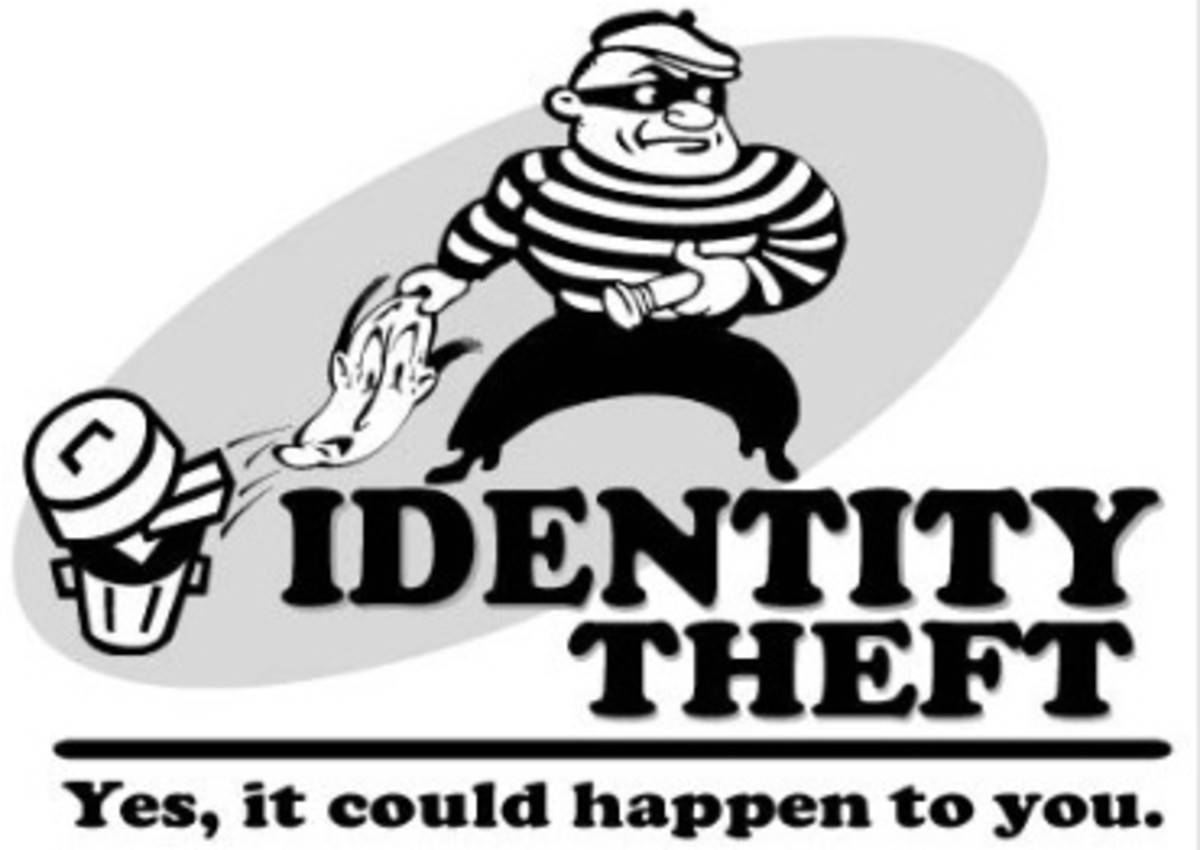Bank vs. Credit Union: Which is Right for You?
In this current financial crunch, you’re probably trying, like the rest of the nation, to make sure every penny counts. Perhaps you’ve been over the family budget with a magnifying glass, searching for spots where cuts can be made. One area you might have overlooked, however, is how much you’re paying for bank financial services, including personal loans, car loans, credit cards, ATM cards, and your mortgage. You’re somewhat familiar with credit unions, but you’re wondering how a credit union differs from a traditional bank. While every bank and every credit union is unique, the major differences are discussed below.
OWNERSHIP
Who owns these financial institutions? A bank is owned by investors – people who have purchased stock in the bank. The bank’s chief duty is to make money for its shareholders. On the other hand, a credit union is owned by its members. If you’re a member, you are a co-owner of the credit union. Basically, a credit union is a cooperative owned by members who loan each other money and pay each other interest on savings.
OPERATIONS
Who “runs” the bank and the credit union? Typically, a bank is run by a board of directors who have been chosen by the shareholders. A credit union is also run by a board of directors, but they’re selected by members. If you’re a member of the credit union, you have a vote in choosing the directors.
PROFITS
Who makes the money earned at the bank and the credit union? For the bank, the profits go to the shareholders. Credit unions are not-for-profit organizations. Does that mean that members can borrow money without paying interest? No. It means that the members glean the rewards of profits through lower-interest loans and higher interest paid on savings accounts. Some credit unions pay their members a dividend at the end of the year, too.
TAXES
Since credit unions are not-for-profit institutions, they’re exempt from most federal and state taxes. Of course, these savings mean lower interest rates on loans and higher interest on savings for members of credit unions.
INTEREST RATES
On average, when compared to credit unions, banks charge more than a full percent higher interest on credit cards and new car loans. For used car loans, the difference is even bigger – banks generally charge 2% higher interest. A credit union mortgage also has a lower interest rate than a mortgage from a bank, on average.
When it comes to paying interest on your money, the credit union again beats the bank. In some cases, the credit union pays more than 1.5% higher interest than does a bank.
SERVICES
Most credit unions offer the same services as banks, including credit cards, mortgages, ATM cards, checking accounts, CDs, regular savings accounts, and home equity loans.
FEES
Most credit unions charge significantly smaller fees for things like overdraft checks. Personal checking accounts are free, also, with no limit on the number of checks you can write during a month. A credit card issued by the credit union generally has no annual fee, and your interest rate won’t go up for one late payment.
PERSONALIZATION
Your local credit union is owned by members, and the service is often much more personalized than you’ll find at a bank, especially at a large bank. Credit unions are also more likely to give loans to those with less-than-perfect credit.
AVAILABILITY
As far as availability and number of branches and locations, banks win. For example, your local credit union might have only one site in your town, while a bank might have several locations within the same community. A credit union won’t have as many of their own ATMs, either, so you might wind up paying more ATM fees with a credit union account.
PROTECTION
In a traditional bank, your deposit is insured for up to $250,000 by the FDIC. At a typical credit union, your deposit is insured for up to $100,000 by the National Credit Union Administration. There are a very few credit unions, however, in which your deposit is not insured. Make sure before transferring your money to a credit union that it’s insured.
CHECKS
If having your cancelled checks returned to you is important, you won’t be happy with a credit union checking account. The good thing is that with most credit unions, you can view your cancelled checks online – both the front and the back of each check.
BUSINESS ACCOUNTS
Credit unions do not typically offer business checking accounts. If you require a checking account for your business, you’ll most likely have to use the services of a traditional bank.
WHO CAN JOIN
Practically anyone in the U.S. can become a member of a credit union. Some determine membership by where you live; where you work, like the Teachers’ Credit Union; or even where you attend church, as is the case with America’s Christian Credit Union. You can even join a credit union online! To find a credit union to which you can belong, search online at JoinACU.org.
More about banking and investing:
- Best Gold IRA Conversion Companies
Ever heard of Lexi Capital, Merit Financial, Goldline, Rosland Capital, or Capital Gold Group? They're some of the best IRA companies around, so if you want to open an IRA account, you might want to get to... - 401K or IRA? Which is Best for You?
401K and IRA One of the most important things you can do to secure your future is to plan now for your retirement. The younger you are when you start saving for your retirement years, the better off... - Business Checking Online and Free Checking Account Online for Businesses: The Best Deals
With the present economy, businesses need to save every penny they can. One way to do so is by reducing or eliminating monthly fees charged by banks, which can really add up. Theres a wide discrepancy... - Free Business Checking with Regions Bank
Savvy business owners and managers are aware of banks that offer free business checking. And the really smart ones know that all free business checking accounts are not created equal. Some have hidden...









